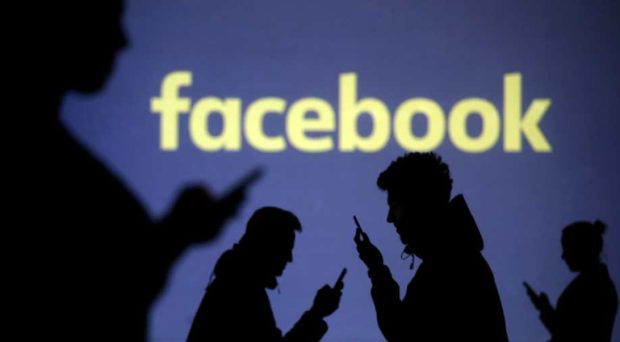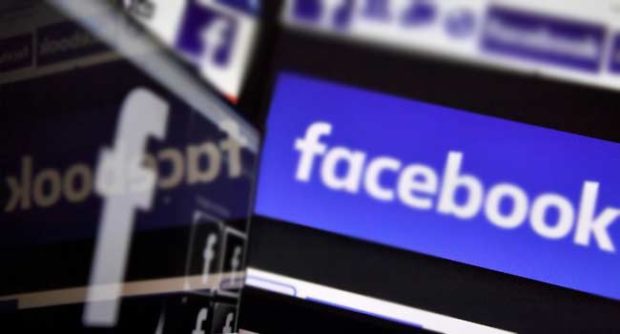Germany Wants Facebook Access After Encryption
The German government wants US social media giant Facebook to ensure that security forces can gain access to its platforms after it has encrypted them so as to help fight crime.
The United States, Britain, and Australia urged Facebook in an open letter earlier this month not to encrypt its messaging services because this would hinder efforts to combat terrorism and child abuse.
Joe DeRisi and Steve Quake, @czbiohub co-presidents, sat down with our CEO, Mark Zuckerberg to chat about how technology is accelerating health research. Listen to the full conversation: https://t.co/goA5oSHdkp pic.twitter.com/sPjDTEZPYM
— Meta (@Meta) October 11, 2019
A government statement to be published in Germany’s Welt am Sonntag newspaper on Sunday says: “The preoccupations expressed in this open letter concerning the consequences of Facebook’s plans are shared by the interior ministry.”
The company says it recognizes the problems raised but that it still plans to go ahead.
Facebook has run into stiff criticism over massive personal data security lapses and recently promised to encrypt its instant messenger service, in line with its WhatsApp offering.
The German government said this move would result in “a weakening of the authorities’ capacity to detect serious threats”.
To resolve the issue, it wants Facebook to build in back-door access to encrypted messages.
“Technical solutions must be found on a case-by-case basis,” it said in the statement.
Finding the “appropriate solution… is first and foremost the responsibility of the company,” it added.
Facebook bluntly rejected the request as a threat to user security around the world.
“We vehemently reject government efforts to gain back-door access because that would put in danger the private lives and the security of people around the world,” the newspaper cited a Facebook German spokesman as saying.
In their open letter, the United States, Britain, and Australia said Facebook reported 16.8 million pedophile content cases last year and said 70 percent of these would not have been discovered if its services were encrypted.



